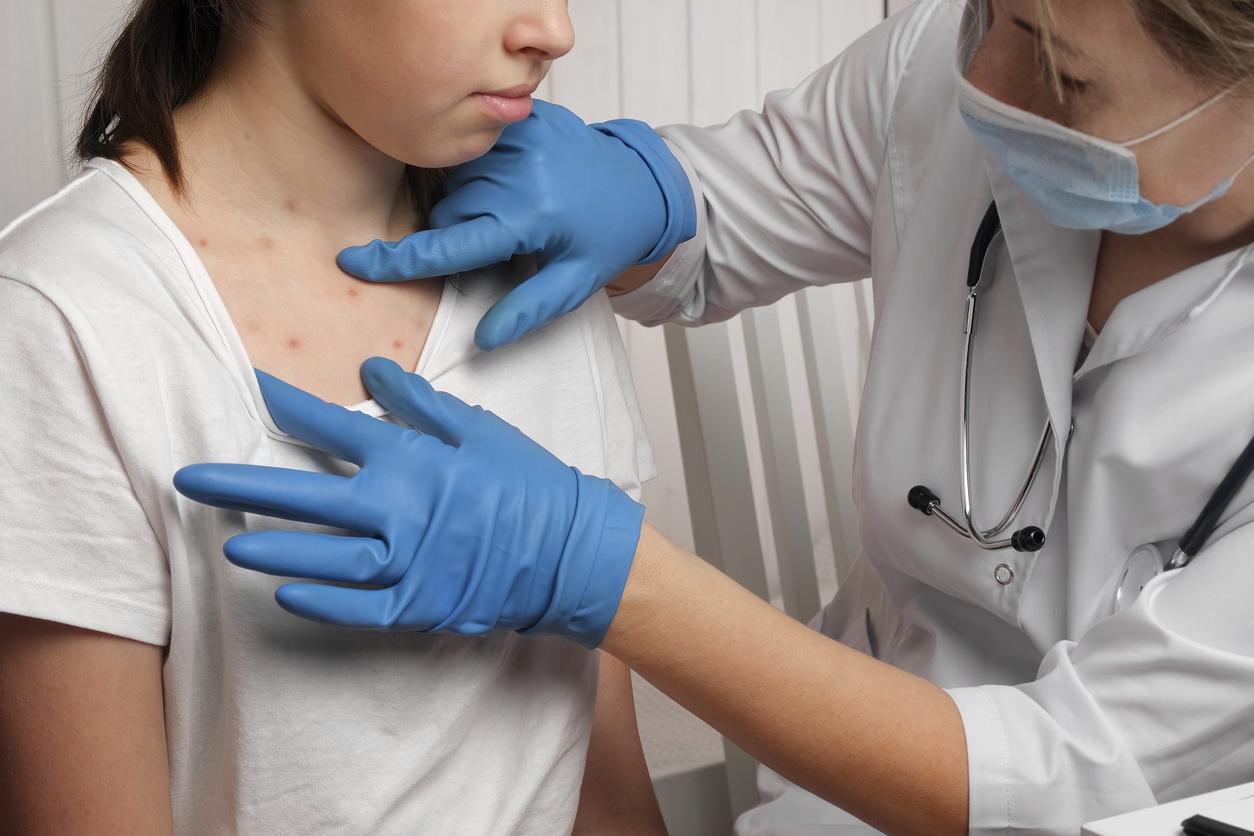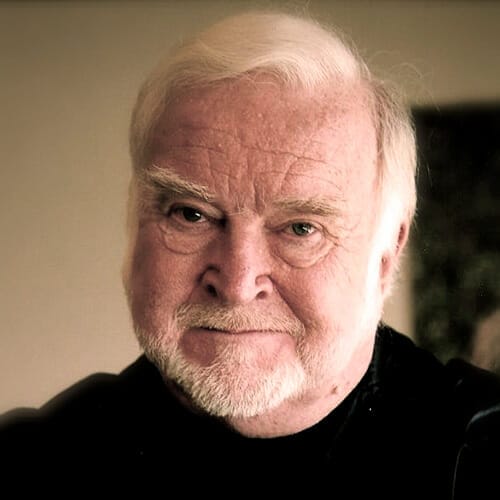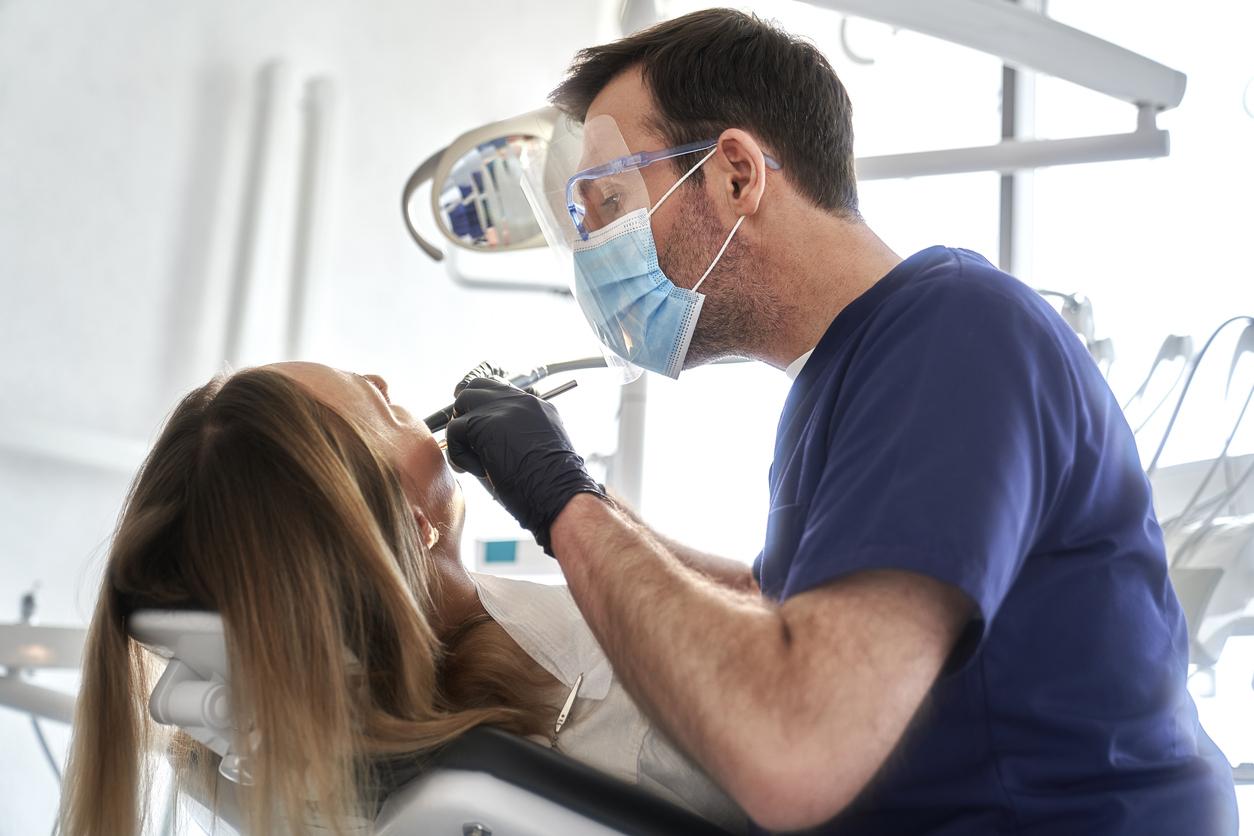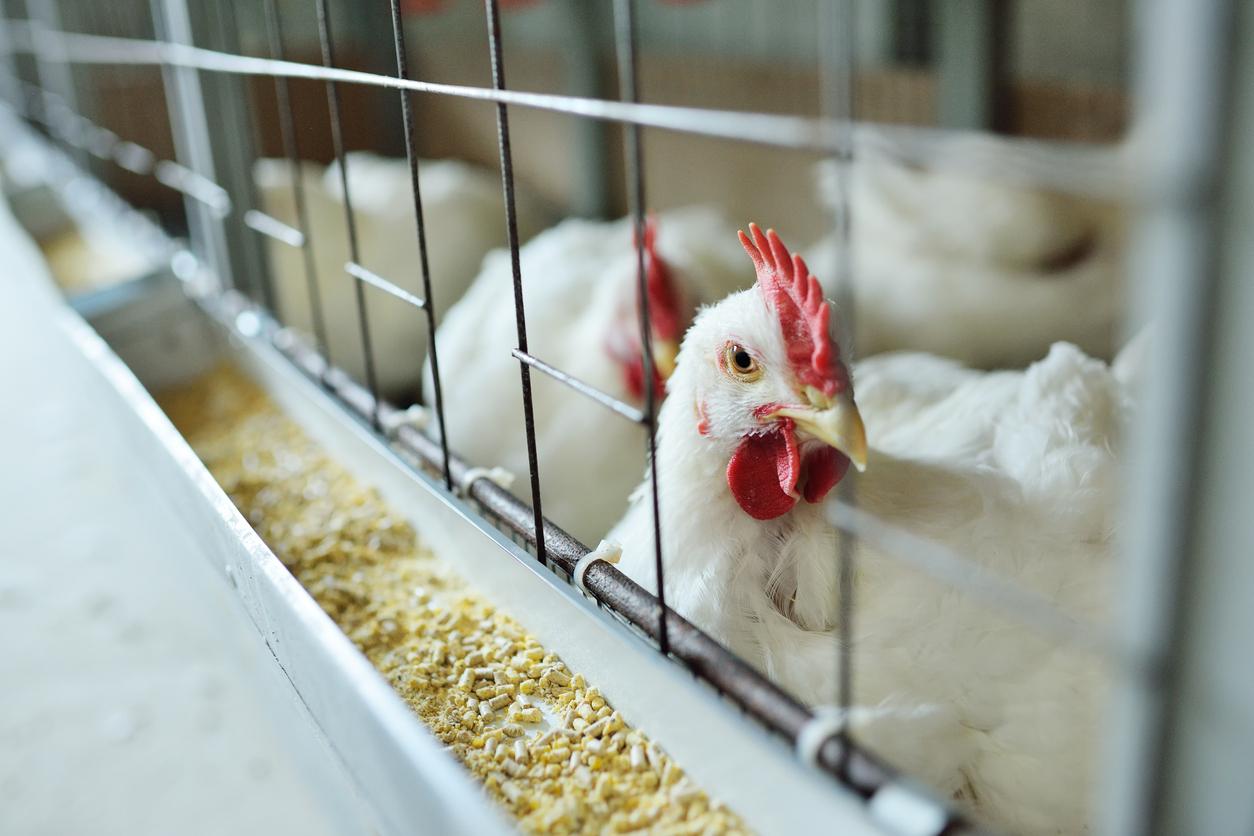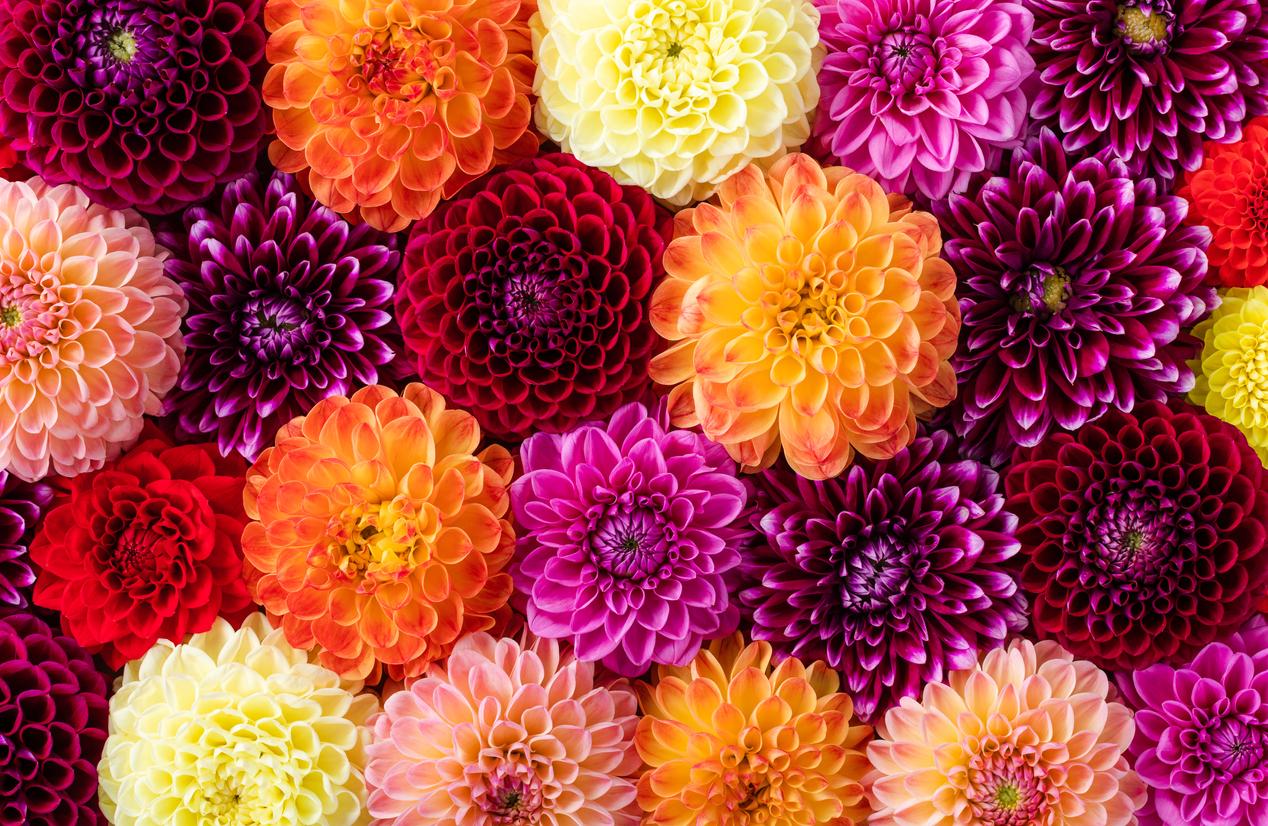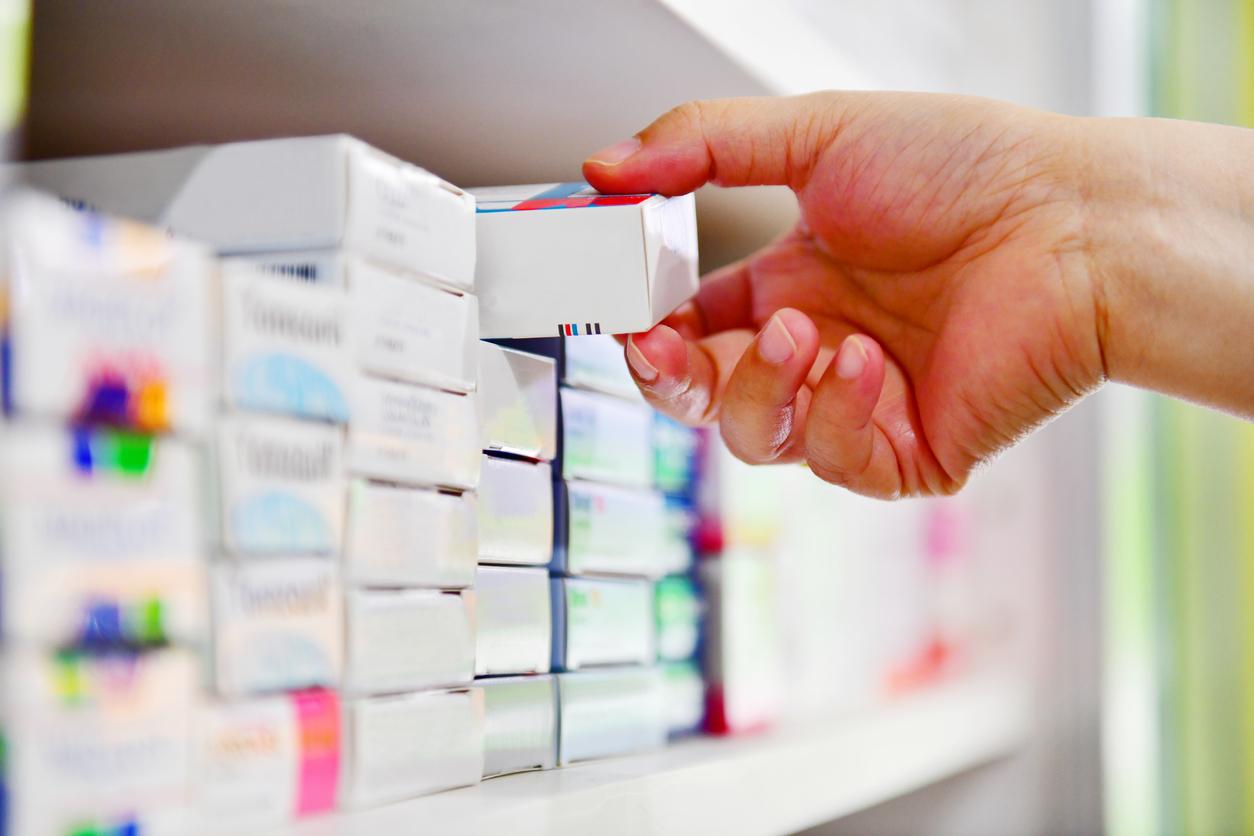Victory for nearly 2,000 shops specializing in the sale of CBD in France. This Thursday, December 29, 2022, the Council of State decided to challenge the government decree published in 2021 concerning the ban on the sale and consumption of cannabidiol flowers, after having already been temporarily suspended in January 2022 by the judge in chambers. This measure therefore definitively authorizes the consumption and sale of CBD flowers in the country.
The government wanted to ban it because this authorization would have made police checks more complicated and would have been the source of a public health problem if the flowers were too often consumed in the form of joints.
The Council of State nevertheless considers “that it has not been established that the consumption of the flowers and leaves of these varieties of cannabis with a low level of THC would involve risks for public health. It therefore considers illegal the general and absolute prohibition of their marketing” and thus puts an end to a legal vagueness existing since 2014 with the first lawsuits brought against Kanavape, the “first 100% legal hemp electronic cigarette“.
CBD, what is it?
CBD, or cannabidiol, is a molecule of the cannabinoid family. naturally present in hemp flower (Cannabis sativa). It has, among other things, relaxing, anxiolytic, sedative, analgesic properties… without causing addiction. Not to be confused with THC (tetrahydrocannabinol), another molecule of the cannabinoid family also present in hemp flower, but considered a drug because it has psychoactive effects. Note that there are a multitude of varieties of hemp: some have a high level of THC, others are devoid of it, but are rich in CBD.
Is CBD legal?
In November 2020, a decree of the Court of Justice of the European Union stipulated that Member States could not prohibit the marketing of products containing cannabidiol provided that it comes from another Member State and is obtained from varieties hemp listed in the European catalog of authorized varieties and containing less than 0.2% THC. In June 2021, a judgment of the Court of Cassation confirmed this: the marketing of cannabidiol-based products is not considered illegal.
Continuation of the soap opera: on November 17, the Aix-en-Provence Court of Appeal rejected the charges brought against Antonin Cohen, former director of Kanavape, accused of marketing cannabis-derived products. In short, “case law recognizes the legality of the sale of raw or processed hemp-based products from the European Union, but it still does not authorize the sale of flowers from French crops!“, explains Aurélien Delecroix, president of the Hemp Syndicate.
Taking advantage of this legal vagueness, the market got carried away, and the number of stores in France exploded, going from just 400 before the summer, to around 1,700 in September 2021. On their shelves, oil, capsules , lozenges, herbal teas, but also chocolate, chewing gum and even cannabis flower sausages!
What about therapeutic cannabis?
“Therapeutic cannabis is intended for patients who have severe pathologies with disabling symptoms, and for whom treatments have been tried and do not work or no longer work.“, explains Dr. Pascal Douek, member of the scientific committee on medical cannabis at the ANSM.
In 2017, the World Health Organization (WHO) highlighted the effectiveness of medicinal cannabis in the management of epilepsy and attached a list of other conditions for which it could be useful, such as diseases of Alzheimer’s, Parkinson’s, Huntington’s, cardiovascular pathologies… There are now three drugs that contain cannabis. Depending on the therapeutic effects sought, some are concentrated in THC such as Marinol®, recommended against neuropathic pain, in CBD such as Epidiolex®, an anticonvulsant indicated in certain forms of childhood epilepsy, or in equal parts in CBD and in THC such as Sativex®, intended for patients with multiple sclerosis. These drugs prescribed by doctors and delivered by pharmacists are however little used, either because they are not marketed in France like Sativex®, for lack of an agreement on the price between the laboratory and the health authorities, or because the prescription conditions are restrictive (secure prescription), which is the case with Marinol®, and/or because they only concern a small number of patients, such as Epidiolex®.
In order to validate the interest of medical cannabis, the National Medicines Safety Agency (ANSM) launched an experiment in March 2021 with 3,000 patients suffering from certain pathologies (multiple sclerosis, epilepsy, neuropathic pain, etc.).
















